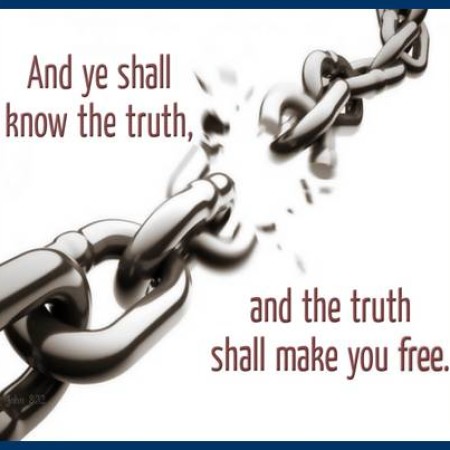Some atheists and agnostics are fond of making the ludicrous declaration that “absolute truth is for absolute fools.” Inadvertently, many church-goers are guilty of giving credence to this view. When there’s a disagreement over an important biblical question, someone is likely to end the discussion by observing that “everyone interprets the Bible differently.”
Although conflicting interpretations of fundamental biblical teachings are indeed common, man is obligated to search for and find the correct interpretation—the truth. When Adam’s sons were commanded to present sacrifices before the Lord, Abel interpreted God’s instructions correctly and offered up a pleasing sacrifice. For whatever reason, Cain misinterpreted God’s word and consequently displeased him (Gen. 4:3-7; Heb. 11:4). The Lord placed the blame for the misunderstanding squarely on Cain’s own head. “Why are you angry,” God asked, “and why has your countenance fallen? If you do well, will you not be accepted?” (Gen. 4:6-7).
The truth is knowable. Jesus says that “you will know the truth, and the truth will make you free” (John 8:32). And where do people find that truth? God’s word is truth (17:17). That is, we know the truth when we open our hearts to what the Bible says.
“Absolute truth is for absolute fools” is itself an absolute proposition. The person proposing it is pronouncing himself absolutely foolish. Unless we reject Satan’s insidious lie, we can never comply with the inspired commandment given to the church in Corinth. “I appeal to you,” Paul writes, “by the name of our Lord Jesus Christ, that all of you agree and that there be no dissensions among you, but that you be united in the same mind and the same judgment” (1 Cor. 1:10).

